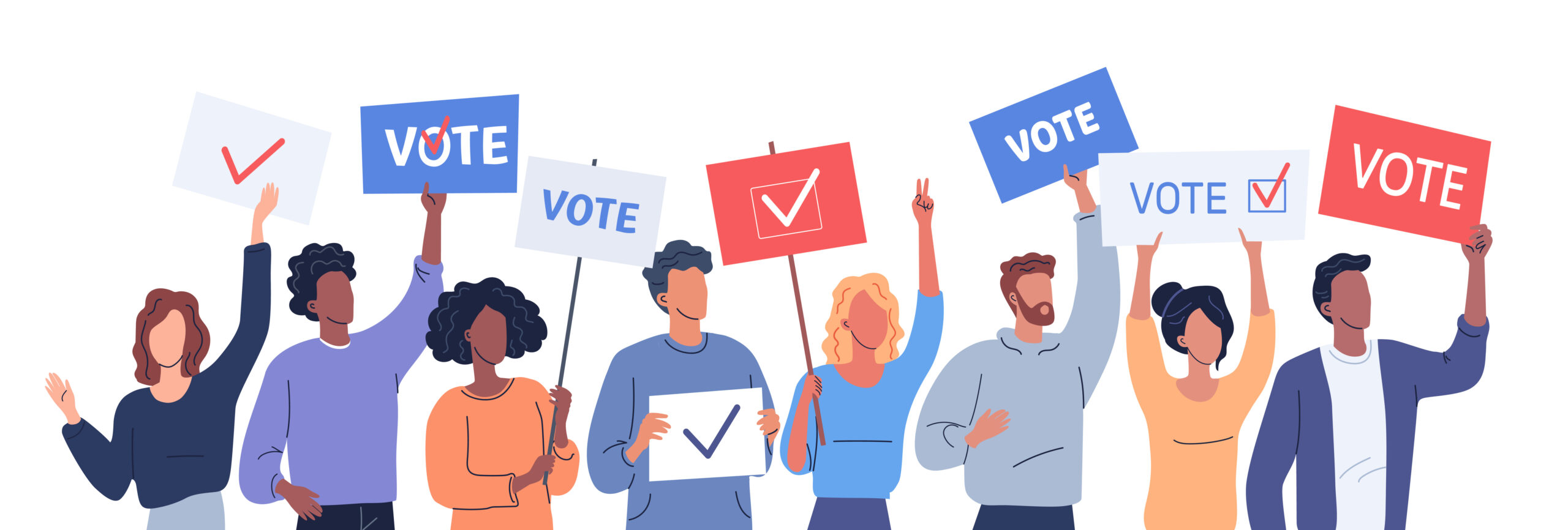In order to prepare CORE Scholars for future success, we work with them for seven years, beginning in sixth grade. People often ask us why we begin so early.
Equity in education within the context of middle school students plays a crucial role in shaping their academic, social, and emotional development. This period is often a transitional phase, marked by significant physical, cognitive, and emotional changes. As such, ensuring equity in education during these formative years is vital for fostering an inclusive environment where every student can thrive.
Addressing Diverse Needs
Middle school students come from various backgrounds and have different learning needs. For example, students from low-income families may face challenges such as lack of access to technology or stable housing, which can hinder their academic performance. CORE prioritizes equity in resources, working to provide these students with needed resources, through our efforts or connecting with partners.
By meeting students where they are, schools can help them overcome challenges and achieve academic success.
Providing A Safe Space
A school climate that prioritizes equity fosters respect, inclusivity, and belonging makes students feel valued and understood. They are then more likely to engage in their studies, participate in school activities, and develop positive relationships with their peers and teachers.
Closing the Achievement Gap
One CORE’s primary goals is to close the achievement gaps that exist between different groups of students. These gaps often stem from systemic inequalities, such as disparities in funding, access to quality teachers, and availability of advanced coursework.
We provide access to enrichment programs for underrepresented students, ensuring that
Building Social and Emotional Skills
Perhaps the biggest reason we begin our programs when we do is that middle school is a critical time for the development of social and emotional skills. These are essential for success in both school and life. By implementing our social-emotional learning (SEL) programs and providing an on-site Social Emotional Champion, dedicated to teaching students how to manage their emotions, set goals, and build positive relationships. These programs are particularly beneficial for students who may face additional challenges outside of school, such as trauma or instability.
Middle-school students inhabit a special place in the education spectrum. It can be a challenging time for them in many ways. Our goal is to use our equity practices to ensure each student develops their full potential along their educational journey and end up being able to lead choice-filled lives.




